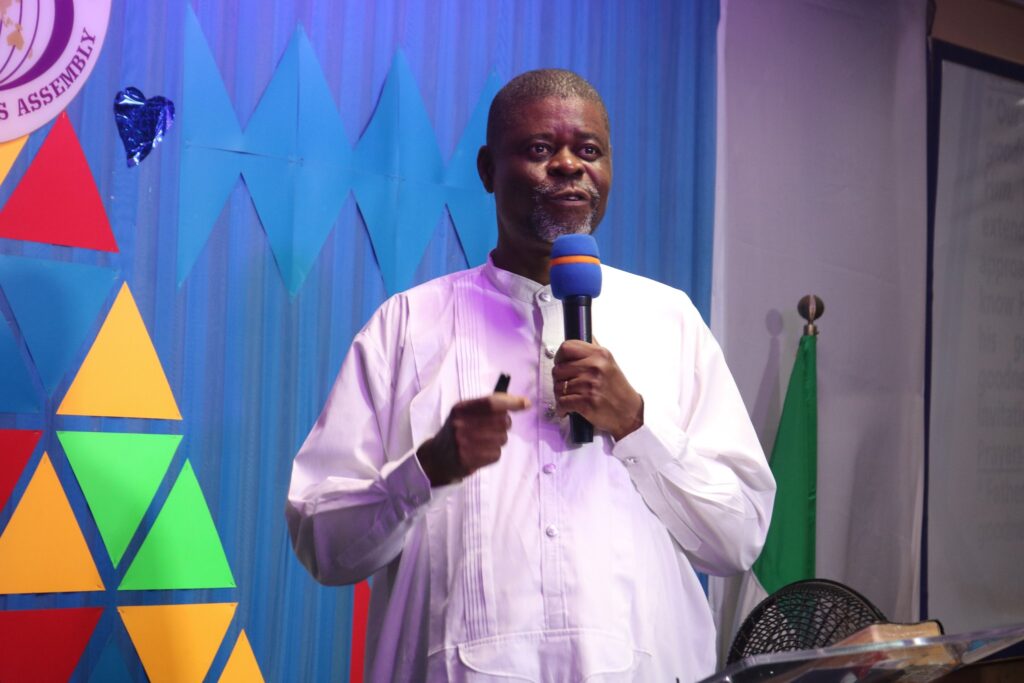By Otive Igbuzor
Introduction
In the bustling streets of Lagos, I embarked on a thought-provoking journey with a driver, seeking insights into the current state of affairs. As we maneuvered through the traffic, our conversation soon turned to the absence of the infamous Lagos go-slow and its connection to the removal of petroleum subsidies. What unfolded was a revealing exchange shedding light on the intersection of politics, corruption, and the struggles faced by ordinary citizens.

A Perspective on the Subsidy Removal
Curiosity piqued, I probed the driver for his thoughts on the sudden disappearance of traffic congestion. He attributed this unexpected change to the government’s decision to remove petroleum subsidies. The driver, a business administration graduate, explained how the spike in fuel prices had inadvertently brought an end to the notorious go-slow phenomenon.
The Hidden Cost of Ride-Hailing Apps
Impressed by the driver’s command of the English language, our conversation delved into the challenges faced by ride-hailing drivers in the wake of the subsidy removal. Sensing an opportunity to understand his perspective, I inquired about the Bolt app, which he promptly expressed his intention to turn off. He revealed that the app’s policy required him to pay the company a hefty 30 percent of his earnings, a burden exacerbated by the increased fuel prices.
Ethics and Corruption
Expressing my concern about evading the legitimate share owed to the ride-hailing company, I emphasized the importance of integrity. However, the driver’s response exposed a deep-seated frustration. He lamented that despite the rising fuel costs, ride-hailing companies had not adjusted their rates, leaving drivers with meager earnings. This, in his view, created a moral dilemma, questioning the fairness of the system.
A Call for Accountability
During a brief pause in our conversation, the driver posed a pressing question: why couldn’t the government establish a committee or task force to investigate the inflated subsidy payments that led to the subsidy removal? I acknowledged his valid concern, recounting how similar initiatives had often fallen victim to corruption, rendering their recommendations ineffective. This exchange shed light on the pervasive sense of disillusionment among ordinary citizens, who often feel powerless against systemic corruption.
Reflections and a Small Act of Change
As our journey neared its end, we engaged in conversations about employment challenges and personal growth. The driver, grateful for the dialogue, shared his appreciation and bid me farewell. Upon reaching our destination, I handed him his fare, but not before adding 30 percent. I emphasized the importance of ensuring that ride-hailing companies receive their rightful share, reinforcing the significance of ethical conduct in a corrupt system.
Conclusion
This encounter with a Lagos driver offered a glimpse into the intricate web of political economy and corruption prevalent on the streets. It highlighted the struggles faced by everyday individuals in the wake of policy changes and the moral dilemmas they encounter. While systemic corruption may seem insurmountable, even small acts of integrity can inspire change. As we parted ways, a glimmer of hope emerged, reminding us of the transformative power that lies within us all.
